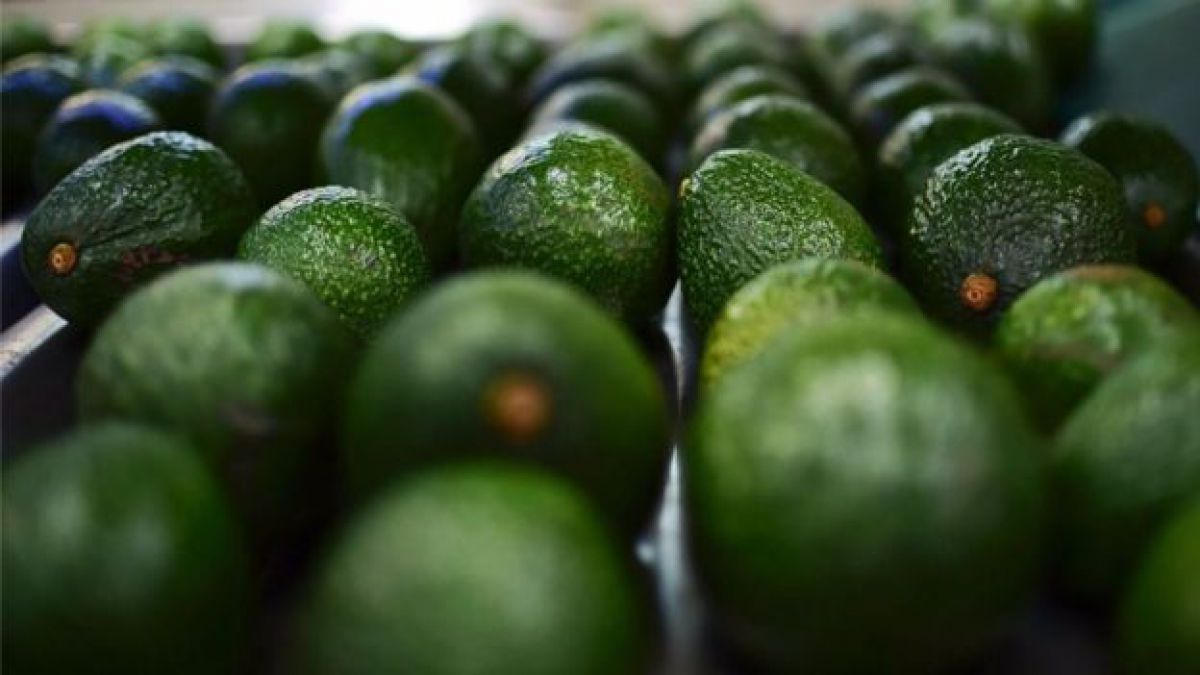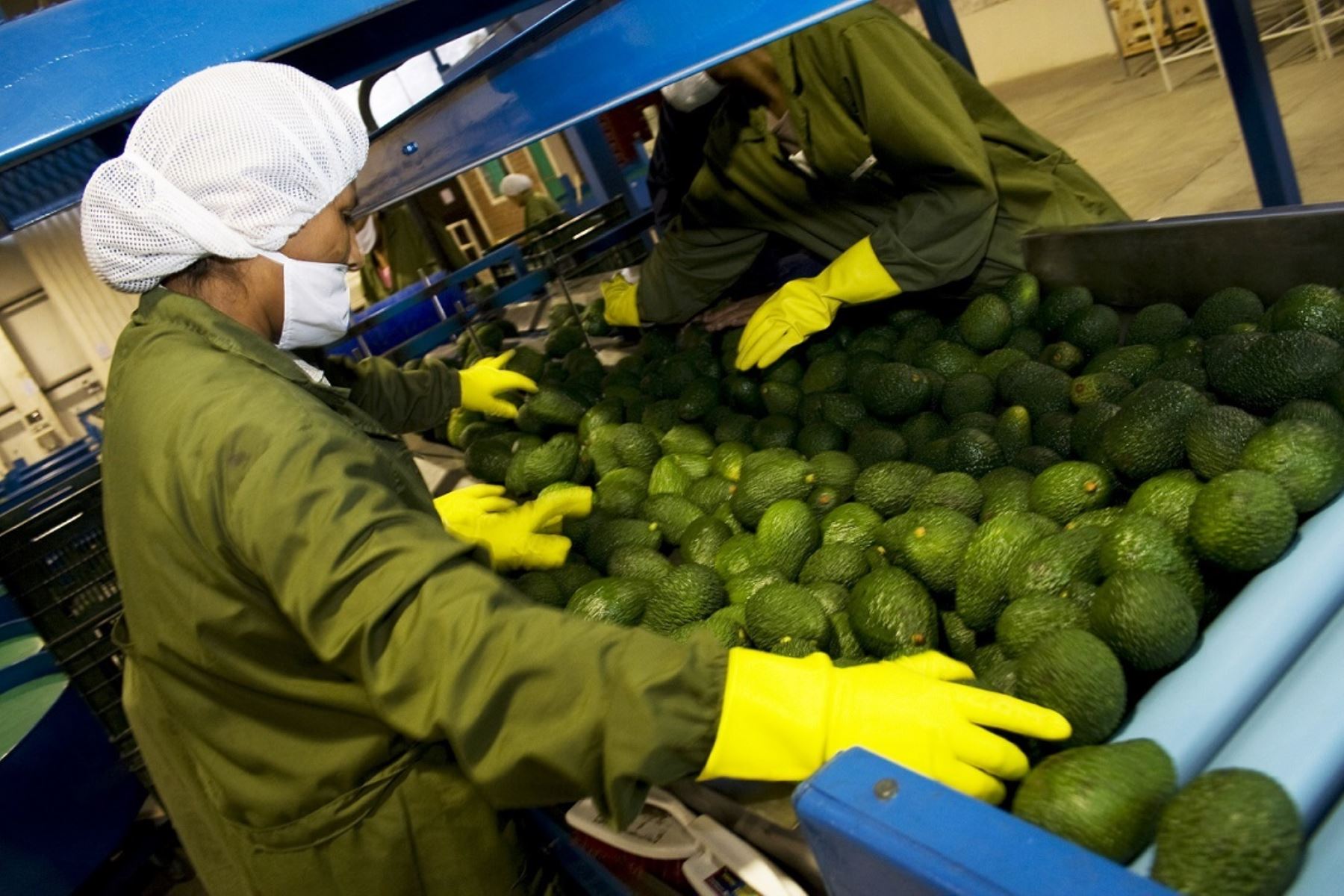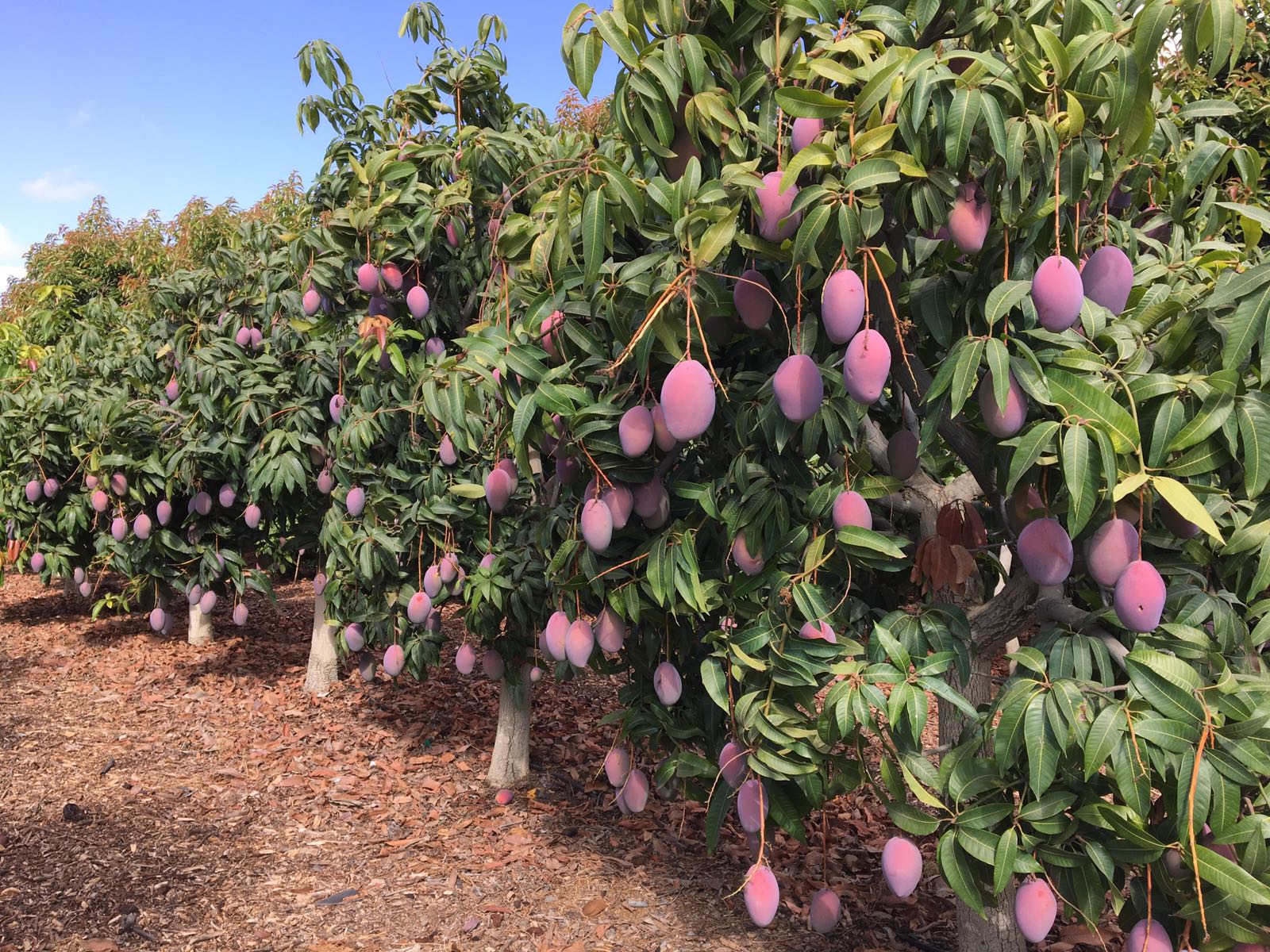
Meet the Peruvian fruits that would enter China this 2020
Peruvian fruits are in fashion and international markets do not resist them, this is how China continues to allow the…

Senasa, National Agrarian Health Service, continues its training work around Peru, this time in Moro, Áncash, a workshop called “Evaluation of pests, Natural Enemies and Use of Biological Control in Avocado Crops”, by the hand of the SEDIR, Service for Integral Rural Development.
Ancash has become one of the most exporting regions of Hass avocado in Peru. Its producers have begun to increase considerably their cultivated areas and with it the volume of their exports, arriving to certify during this year about 8 337 tons of avocados.
These methods will help, in addition to protecting plants and the environment, to maintain the health of people because their direct exposure has no side effects or short or long use. On the other hand, the use of biological agents as a control method can not be used without prior evaluation of the pest.
In this training, producers of avocado from Casma, Chimbote, Nuevo Chimbote, Nepeña, La Carbonera, San Jacinto, El Arenal, Motocachi and Moro met; as well as students from different Ancash universities, walls and other people.
Senasa seeks that producers choose as a first option for biological control and has achieved that more and more farmers join in this new strategy against pests. The importance of biological control lies in the fact that its use contributes to GAP, good agricultural practices and the guarantee of food safety.
Even not only the producers of the coast of Ancash are investing in new avocado crops, the producers of the sierra are also joining the cause as the avocado is proving to be a highly profitable fruit thanks to the success of their exports.
Although Senasa placed greater emphasis on teaching producers the benefits of using biological control, they also taught them the correct use of cultural control, since being the most economical, it will always be a first choice for producers. With this they learned to prevent possible damages caused by the red spider mite, the thrips or other frequent pests for the Ancash avocados.

Peruvian fruits are in fashion and international markets do not resist them, this is how China continues to allow the…

In the first 9 months of 2019 the value of Peruvian pineapples exports has decreased by 24%, despite the fact…

Peruvian agroexports are already adding about 5 thousand 42 million dollars in shipments made from January to September 2019. With…

We are about to start a new mango harvest season so the forecasts are no longer waiting. The Peruvian Association…